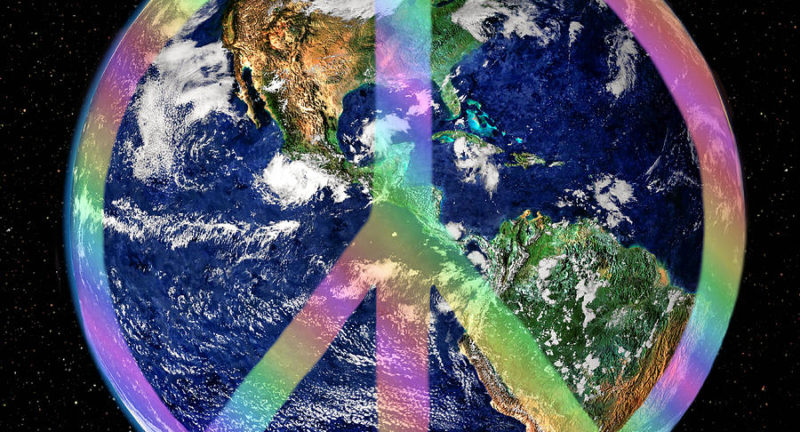
Eros, Cupid, and Heart Shaped Boxes of Chocolate
May 6, 2013 by Stephanie McCracken counseling, couples counseling, couples therapy, marriage counseling, mindfulness, Uncategorized 0 comments
Eros, Cupid, and Heart Shaped Boxes of Chocolate
“The Task is not to seek for love but merely to seek and find all of the barriers within yourself that you have built against it.” – Rumi
Ah, February. That time of the year when the days slowly begin to increase, while the climate gives us a pining glimpse of why we love the summer months. Yet, in spite of the frostiness outside our bodies, there is warmth in our hearts. They pitter-patter or maybe they simply ooze with affection and reflection, indicating that now is a fine time for us to consider love. Eros in Greek and roman history is the god of passionate love, yet Carl Jung who later uses the work meant something very different by it.
Since the earliest times we have always been fascinated with the topic of romantic love – think Cupid, spritely son of Venus in Roman mythology. His message was quite simple; love is something that simply happens to us. It happens when we meet the perfect person who is our “soul mate.” We are always looking for our other half, the half that the Gods took from us. When we fall in love at first sight, then we have found someone that “fills” our anima or animus archetype particularly well. This match, cut from the same archetypal cloth, will make all of our short comings suddenly dissipate with the fulfillment of this perfection…uh-oh! With such a wishful perception of what it means to fall in love and linger in love, it is no wonder that Cupid’s arrows often result in more pain and disappointment than pleasure.
The desire to be a part of a romantic relationship is a very healthy one. Psychologists, philosophers, media outlets and the public chatter on endlessly about love. Yet sometimes this healthy urge can bring us to the pits of repetitive despair. There are those who seem to be in a new romantic relationship every month. Each liaison is asserted to finally be “the one.” However, as soon as true intimacy begins to take form emotional fears emerge and the person is off to find the next “one.” How about the friend who continually falls for “the one” that she ends up loathing? She embraces an idea of love that soon resembles a battlefield where tears replace laughter and frowns are misaligned, forced smiles. With the advent of social media there are those who increasingly hide behind keyboards instead of taking the risk to experience meaningful human interaction. Perhaps they are so afraid of the risks of love that they choose to stay far away from its possibilities and responsibilities?

Are there those who are simply addicted to love? The Top 40 catalog of popular music for the past 100 years would have us believe so. Recently neuroscientists have identified that there does seem to be a similar pathway which is involved in the formation and sustainment of all addictive behaviors, including an unhealthy need to always be “falling in love.” We know it is there, those who are suffering know that it is unhealthy, yet how do we move beyond the despair of repeatedly engaging in patterns that debase our sense of personal strength and hope?
So, what then is this thing called love? Love is a mutual interest in each other and in other things yet love is also maintenance of individuality and solo pursuits. Love is compassion and care for the self and for the other. Love is respect of the other and of others-in-the-world. Love is both, “I want to append to this person’s happiness and I will continue to be my own happiness.” Love is taking the time to listen and hear, being present with the other. Finally, love is speaking with positive clarity and authenticity to the values wants and needs of me and the other.
Remember when someone told you that love begins where and when you love yourself? Mature love will not sustain itself by an unhappy person trying to bring happiness to another—only the unity of the two nurturing mutual wholeness and happiness can ignite the chemical reaction of true and meaningful love. So if you are plodding along anxiously waiting for “the one” to appear, “the one” who is going to change the gloomy trajectory of your life, you may be waiting a while.
Seizing this moment to respect yourself, to love yourself in an authentic and mature fashion, will eventually ripple out into the ether and present an opportunity for you to experience the love of another in a new and significant way. Perhaps you have some thoughts about love that you would like to share?
Related Posts
Generalized Anxiety Therapy
April 1, 2018
Generalized Anxiety Generalized anxiety disorder is a mental health concern...
From Us to You, Mindfulness Meditation to Celebrate World Peace Day!
September 21, 2016
World Peace Day, Meditation for Peace Often when people like you and I hear...



